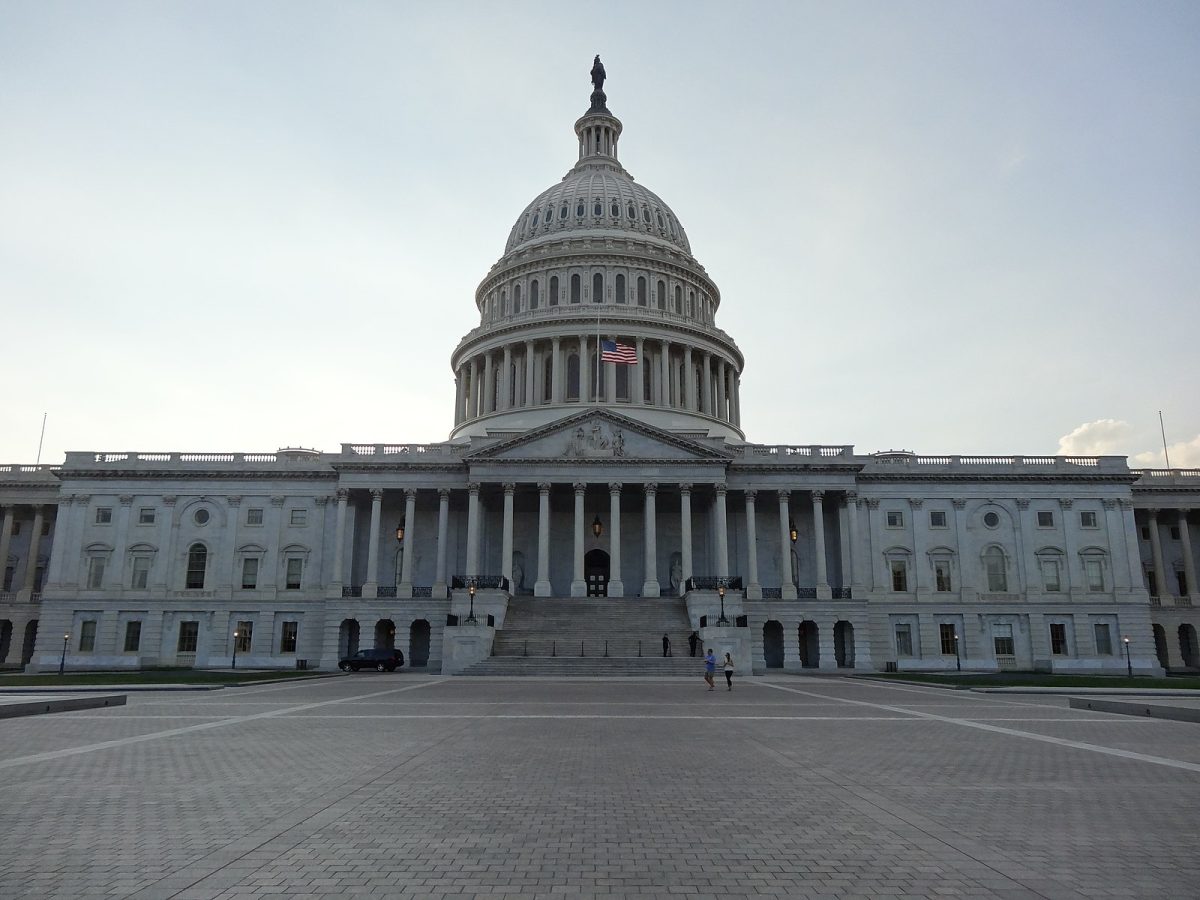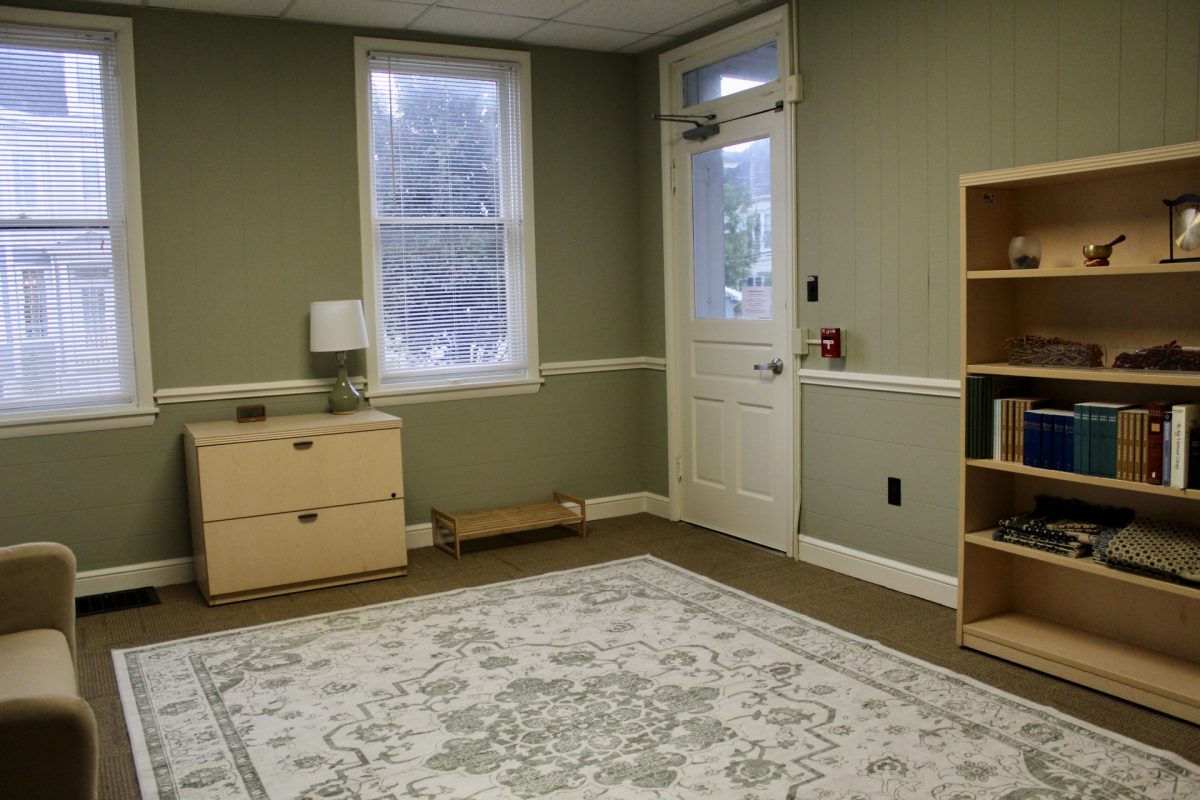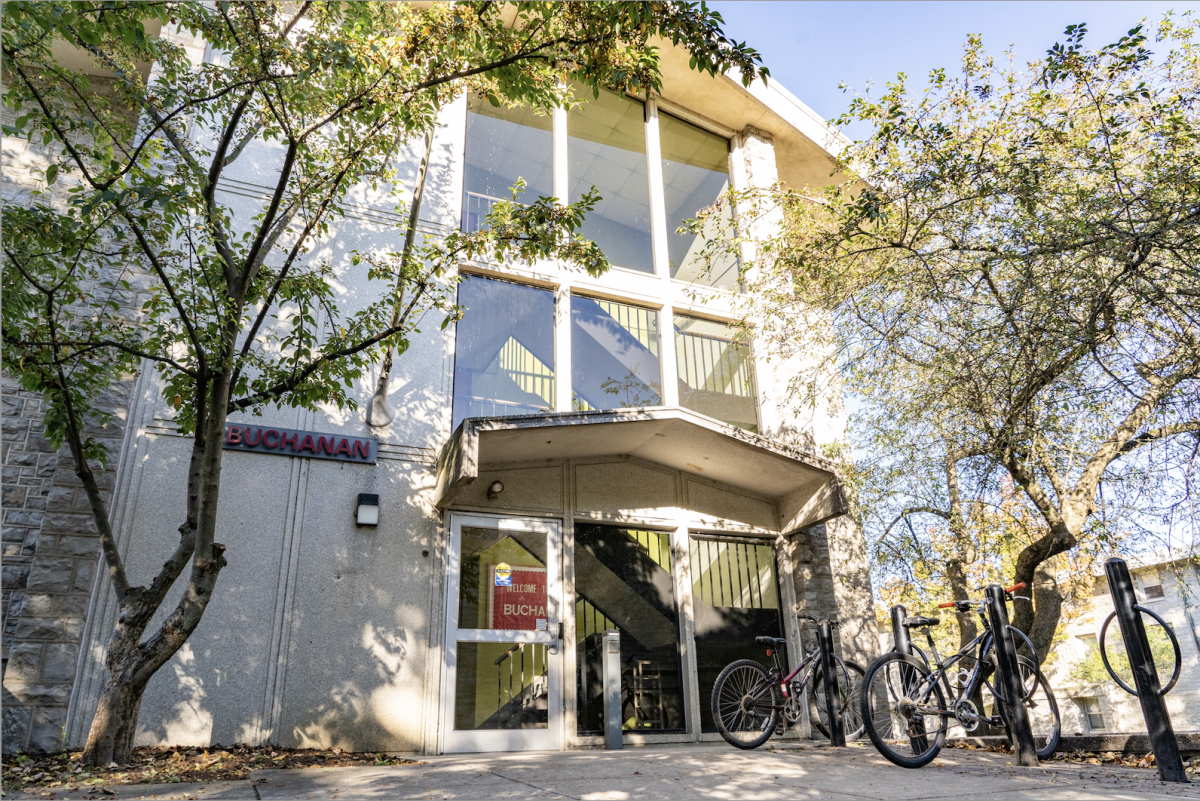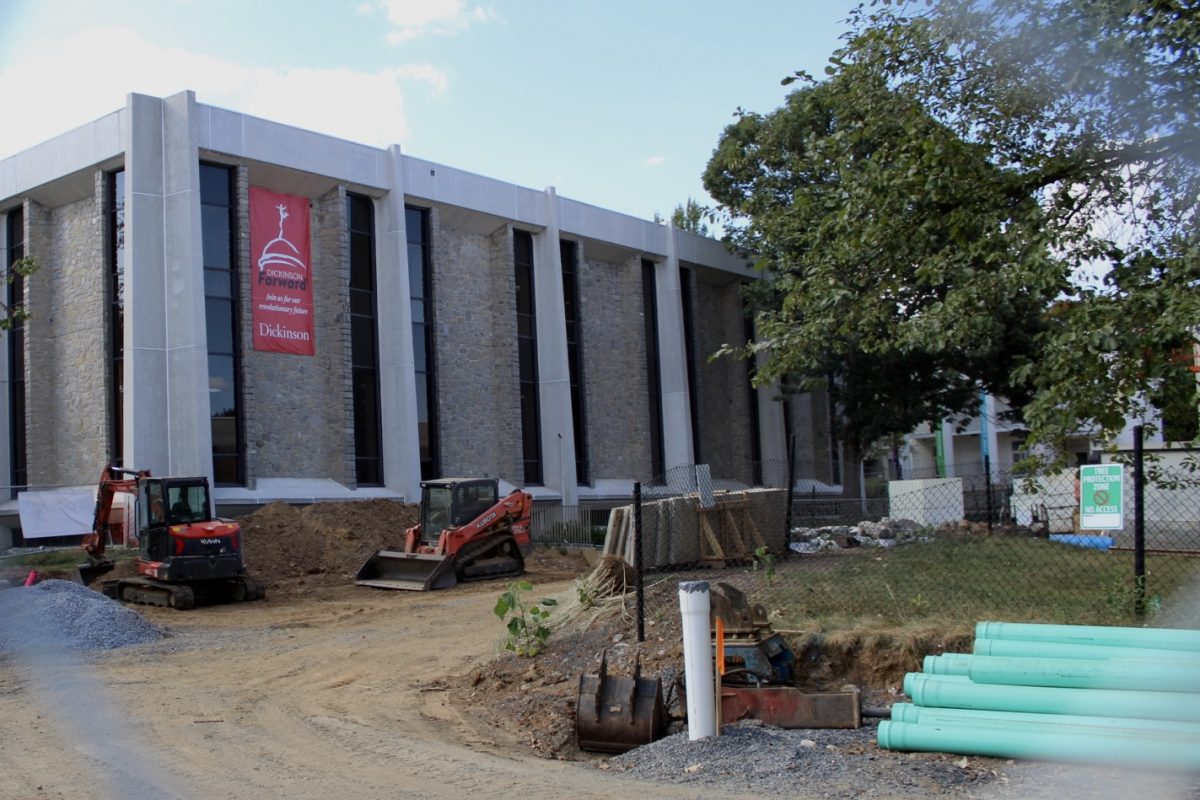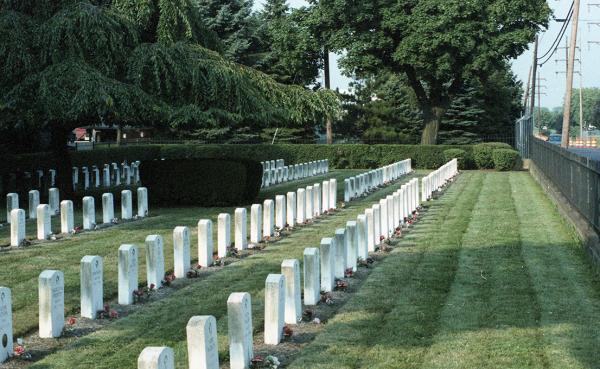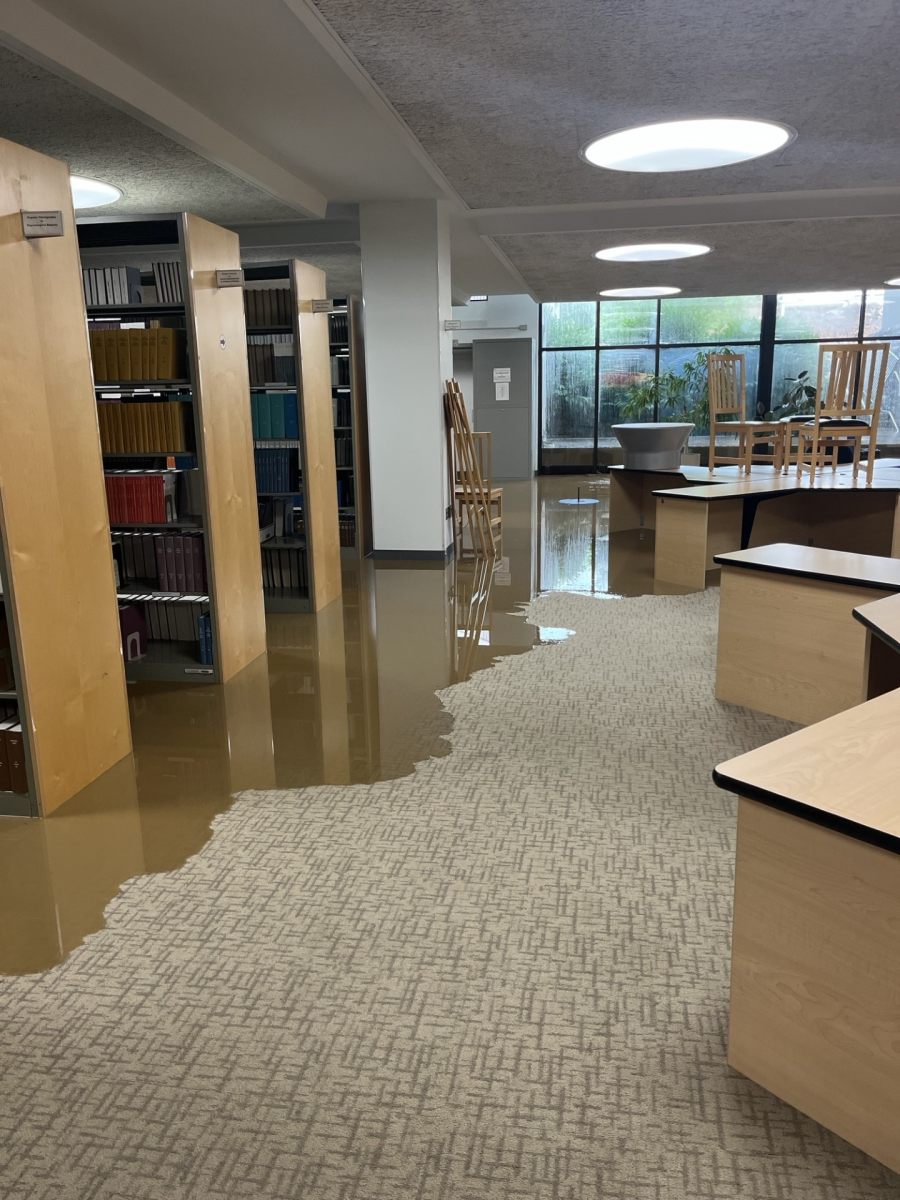The current government shutdown is closing in on its second week, with little indication as to when operations will resume. The federal fiscal year runs through September 30th. By the first of October 1, Congress must pass the 12 necessary funding bills to keep federal agencies and programs operating, but Congress has not reached an agreement as of October 13 this year.
Amidst the turmoil in Washington D.C., the Dickinson community has currently been reflecting on what it means to be a student in these times of discord and uncertainty. Because federal shutdowns can only begin in October, once the semester is well underway, colleges and universities typically don’t see an impact on financial aid allocation and other operations. At Dickinson, Clarke Forum talks and other public events have not been suspended. Vincent Champion, Dickinson’s Vice President and General Counsel told The Dickinsonian, “I don’t see any impact legally at this point.”
While schoolwide activities continue as planned, Dickinsonians have faced various obstacles in the past two weeks.
In some instances, the fix may be as simple as planning a different activity, as was the case for students in the class Archives and Practicing Public History, taught by Professor Houpt-Varner. Students were expecting a speaker from the U.S. Army Heritage and Education Center (U.S. AHEC), which is part of the Army War College in Carlisle. Although the speaker was set to come in on October 2, the event was cancelled the day before, on the first day of the shutdown. As of October 13, the U.S. AHEC website still reads: “effective Wednesday, October 1, 2025 the U.S. Army Heritage and Education Center is temporarily closed due to the federal government closure.”
C.J. Jacobs ’26, a student in the class, said they were able to pivot quickly to another activity. They toured an exhibition at Cumberland County Historical Society instead. Still, the cancellation came as a surprise.
“Out of all the things I was expecting to be impacted [by the shutdown], my classes weren’t one of them,” Jacobs said.
Another student taking the class, Jacqueline Meredith ’26, expressed frustration regarding the impact of the shutdown on her academics.
“As someone who wants to go into that sort of thing [archives and public history], it’s a little nerve wracking to be like, could this administration really be impacting my job and my future career?”
Meredith ’26, who is in her senior year, highlighted how the shutdown has stalled her thesis research process. At Dickinson, completing a thesis in one’s senior seminar is a graduation requirement. Yet Meredith ’26 is unable to use governmental resources such as the Library of Congress, which has been closed until funding is returned and employees can be paid.
“We can’t do anything right now,” she said. “We’re on a full pause until this comes back.”
Alexandria Lee ’26, another senior conducting research for her thesis, echoed these concerns. “I am currently unable to find any demographic information for my thesis, at least government wise,” said Lee, referring to the U.S. Census Bureau, which is not currently answering inquiries or updating information.
Beyond academic disruptions, the overall political landscape is causing unease within the community. For many international students, the federal shutdown only adds to the doubts which have built up throughout the year as a result of the Trump administration’s changes to immigration policies. “It’s impacting not just me, but every international student on this campus,” said Nangial Khan ’27, an international student from Pakistan.
Denys Sharpylo ’26, an international student from Ukraine, discussed how the shutdown is impacting both his home country and his life in the U.S.
On a federal level, American involvement in negotiations has come to a halt, causing delays in arms assistance. In addition, the shutdown adds further instability to the visa application process, which has already been complicated and prolonged by recent changes. For Sharpylo ’26 and many others, this means their plans are up in the air, particularly regarding questions like sponsorship and paperwork. “Being in this waiting cycle all the time, you know, that kind of creates a little bit of stress,” said Sharpylo ’26.
Student body reactions are mixed, but the general atmosphere is one of confusion, frustration and at times, acceptance.
“I’m a chill kind of person,” said Khan ’27. At the start of the shutdown, “I was really stressed for a day or two, but then I was like, it’s life,” he added. As Dickinson students prepare to enter adulthood and the workforce in a time when no one knows what may come next, adaptation is a necessary, if difficult, response.



